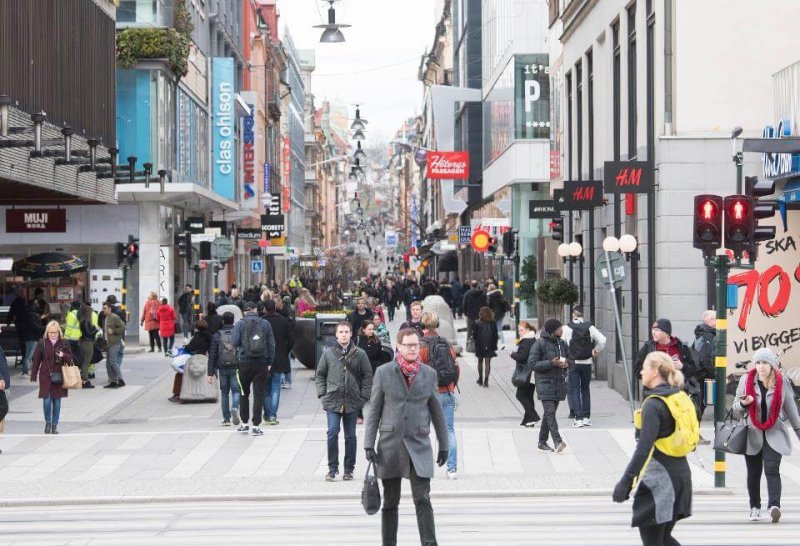Trust is high in Sweden — in government, institutions and fellow Swedes. When the government defied conventional wisdom and refused to order a wholesale lockdown to “flatten the curve” of the coronavirus epidemic, public health officials pointed to trust as a central justification.
Swedes, they said, could be trusted to stay home, follow social distancing protocols and wash their hands to slow the spread of the virus — without any mandatory orders. And, to a large extent, Sweden does seem to have been as successful in controlling the virus as most other nations.
Sweden’s death rate of 22 per 100,000 people is the same as that of Ireland, which has earned accolades for its handling of the pandemic, and far better than in Britain or France.
Yet, on this warm spring day, at least, there was little evidence that people were observing the protocols — adding further mystery to Sweden’s apparent success in handling the scourge without an economically devastating lockdown.
…
While other countries were slamming on the brakes, Sweden kept its borders open, allowed restaurants and bars to keep serving, left preschools and grade schools in session and placed no limits on public transport or outings in local parks. Hairdressers, yoga studios, gyms and even some cinemas have remained open.































